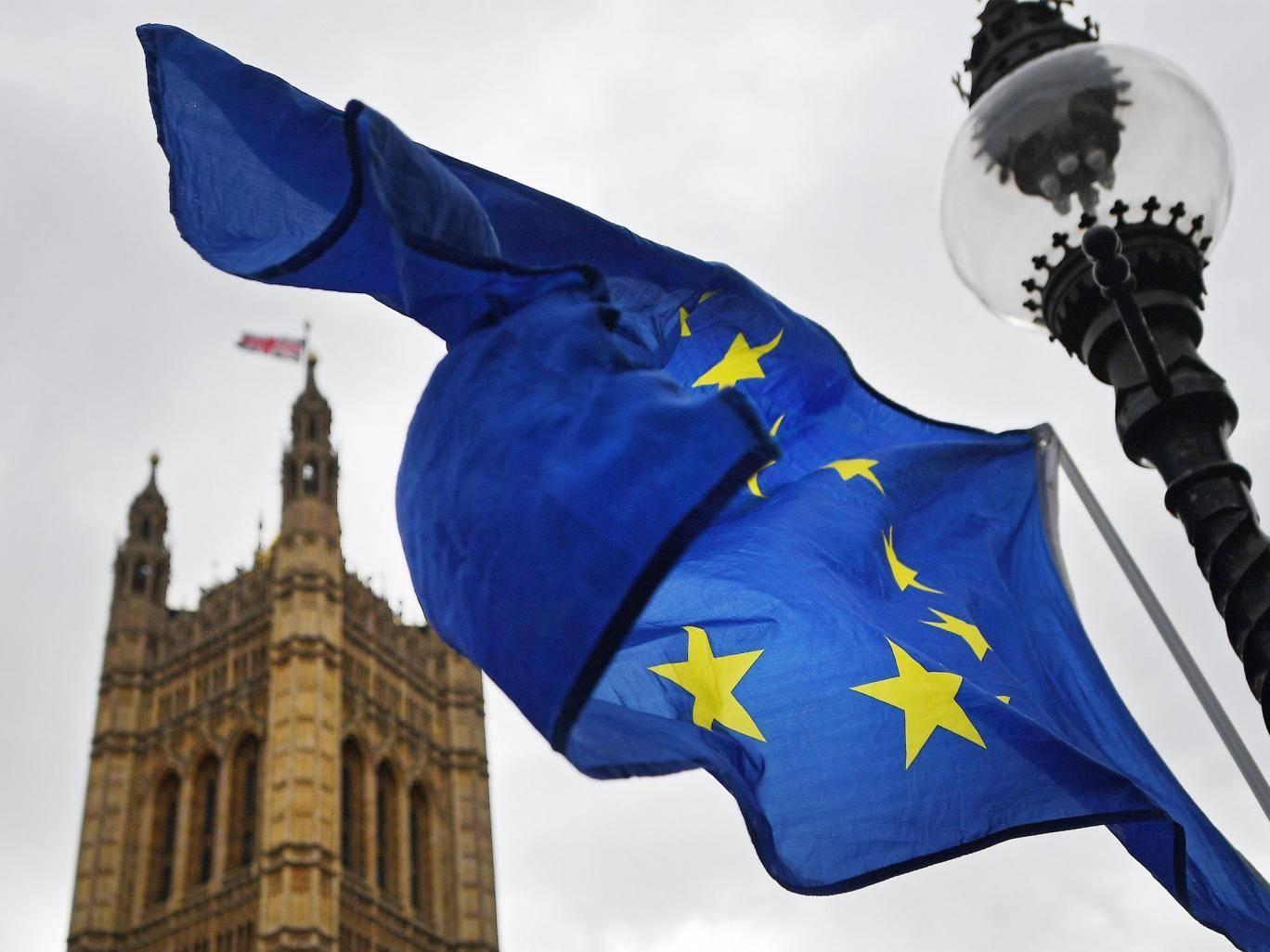Brexit: One in five EU doctors make plans to leave NHS because of withdrawal
Uncertainty over future immigration rules and the right to remain were top reasons for wanting to leave

One in five EU doctors in the NHS has made plans to leave the UK as a result of the Brexit vote last summer, a poll by the British Medical Association (BMA) has found.
Around 1,720 doctors from the European Economic Area (EEA) responded to the survey, nearly 15 per cent of the 12,000 currently working in the NHS, with almost half of these (45 per cent) saying they are considering leaving.
But of those eyeing the exit, one third, 18 per cent of the total, said they have actually started making plans to leave and were considering where to relocate.
The countries most likely to benefit from the exodus of NHS medical professionals were Germany, Spain and Australia.
While the top reasons given for wanting to leave were the uncertainty over future immigration rules and right to remain status, the negative attitude to EU workers in the UK and the vote itself were also important factors.
The Department of Health criticised the findings, saying there were more EEA nationals on the UK medical register this year than at the time of the Brexit vote – 21,609 compared to 21,539 as in June 2016.
The BMA and other NHS groups have been calling for the Government to immediately confirm EU nationals’ right to remain after Britain officially exits the EU, as well as to lay out a system to allow EU doctors and other key NHS staff to be able to easily move to the UK and work in the system without burdensome red tape.
But a definitive answer has been withheld for fear of weakening the UK’s negotiating position with Brussels.
Earlier this month nursing leaders reported a spike in EU nurses leaving since the Brexit vote, blaming it for nurse numbers falling to a four year low.
This comes after applications from EU nurses looking to come to the UK, nosedived 96 per cent.
Dr Marco Nardini, a thoracic surgery trainee from Italy who moved back in August 2017 after spending almost two years in the UK said Brexit and the uncertainty around it was a “key factor” in his move.
“One of my main concerns was around whether my qualifications would continue to be recognised abroad and in the UK.
“I had also started to experience some negative attitudes from people. One patient at the end of a consultation started talking about the referendum outcome, saying it was a good thing as it would restrict immigration – I don’t think he realised that he was talking to a foreigner.”
BMA treasurer Dr Andrew Dearden said it was crucial the NHS doesn’t lose “valuable experience and expertise” because of Brexit.
“That so many EU doctors are actively planning to leave the UK is a cause for real concern. Many have dedicated years of service to the NHS and medical research in the UK, and without them our health service would not be able to cope.”
Director of policy and strategy at NHS Providers, which represents NHS trusts, Saffron Cordery, said: “There is increasing evidence that Brexit is having an adverse impact on staff recruitment and retention in the NHS.”
A Department of Health spokesperson said: “This survey does not stand up to scrutiny; in fact, there are actually more EU doctors working in the NHS since the EU referendum, more EU graduates joining the UK medical register and 3,193 more EU nationals working in the NHS overall.”
Join our commenting forum
Join thought-provoking conversations, follow other Independent readers and see their replies
Comments
Bookmark popover
Removed from bookmarks